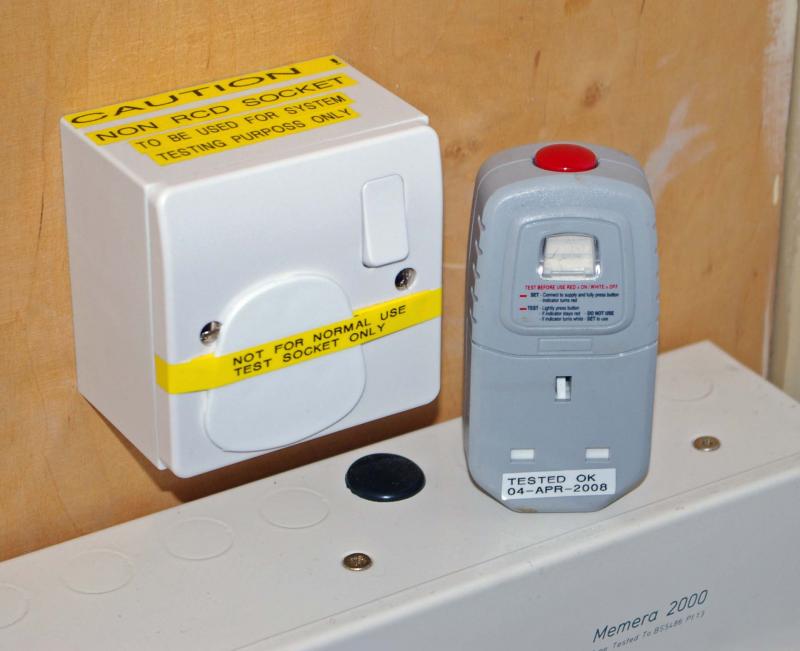I would like to have a single Non RCD protected socket in my house. This will be use purely for testing purposes, predominantly periodic testing of RCD plug type adaptors.
All of the socket outlets in my household are currently RCD protected from a split load CU.
I do have 3x Non RCD protected circuits, namely:
Power supply to shed ( terminated at the shed with an RCD 'Garage' CU).
Upstairs lighting circuit
Downstairs lighting circuit.
I have two (blanked) spare ways on the non RCD side of the main CU.
Obviosly the easiest and most straightforward method is to fit a new MCB and create a short radial circuit with a single surface mount socket outlet at the end, this socket would be located right next to the main CU in the electrical cupboard.
Any other safe and practical suggestions ?
Can i use any of the existing cicuits or MCB's ?
All of the socket outlets in my household are currently RCD protected from a split load CU.
I do have 3x Non RCD protected circuits, namely:
Power supply to shed ( terminated at the shed with an RCD 'Garage' CU).
Upstairs lighting circuit
Downstairs lighting circuit.
I have two (blanked) spare ways on the non RCD side of the main CU.
Obviosly the easiest and most straightforward method is to fit a new MCB and create a short radial circuit with a single surface mount socket outlet at the end, this socket would be located right next to the main CU in the electrical cupboard.
Any other safe and practical suggestions ?
Can i use any of the existing cicuits or MCB's ?



